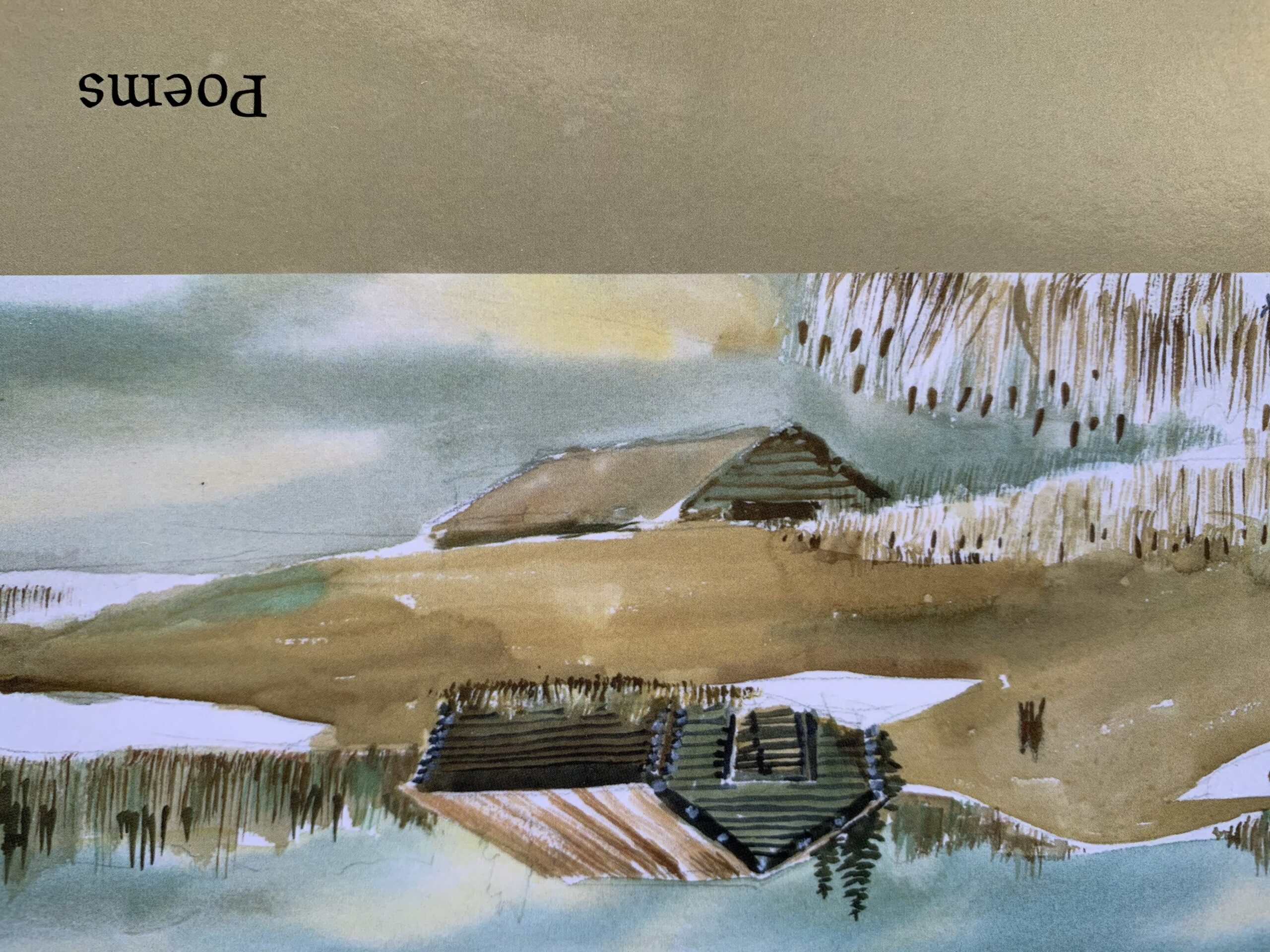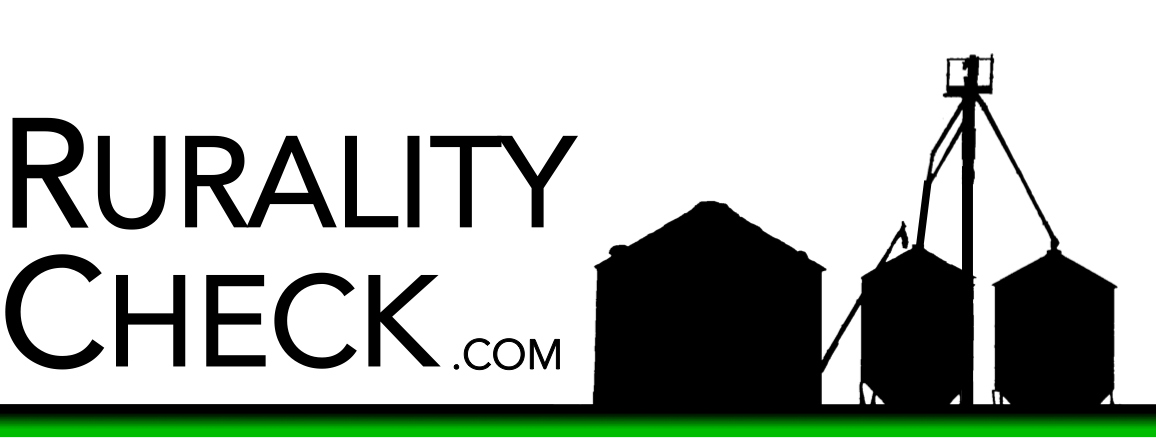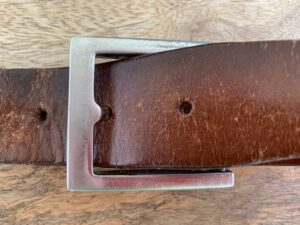
He died before I could get another chance to see him for the first time. Louis Jenkins, plainspoken prose poet, was speaking at a poetry reading in the biggish city, in a liberal church, hosted by the independent bookstore. So I went. Three poets were on the bill—I figured an hour and a half, tops. Was I wrong.
I showed up early, as always, but still had to navigate a lot full of spiffy cars—Beemers and Volvos and VWs, oh my—a real foreign sport wagon orgy. I entered the narthex and dutifully and gleefully bought Jenkins’s newest book. I sat in a pew, my jacket still on, and opened up to page forty three and a half, or something, to snitch a taste while I waited.
I can’t understand most poetry, and sometimes can barely read it, to be honest, but I can read some prose poets whose language is a little lighter purple, a little more accessible. Louis Jenkins for one, Jim Johnson for another; there are others, I’m sure, but I don’t know who they are. Yet. So when one of the few I can stomach descended on a Poetry Reading Near You, I jumped at the chance.
I felt like Wile E. Coyote, trying to run backwards in midair. Jenkins was scheduled to read third, meaning I had to endure two poet boreates blathering the way only poets do: looong, drawwwn out words, mini-smiles about cute little jokes to themselves as they read. A recitation ending in resuscitation, with emphasis on diction so thick that there’s friction, pauses after clauses and hazes made by phrases. A wild Dr. Suess chase. I try, but I don’t understand any of it, really.
But I’m mildly concerned that I’m the only one. I don’t think I’m a dumb guy, and I think my IQ is somewhere north of the temperature of Lake Superior, but I think a lot of most poetry is bullshit. I sat in a room with a hundred foreign wagoneers who ooh’ed and semi-silently gasped and Mmmm’ed seemingly the instant each word was uttered. As if they were eating Campbell’s Soup in a monastery.
How is everyone so in tune to what the poet is saying—half-nonsensically, I’d add—and in real time, to boot? I don’t know how people process so much information, seemingly so deep and awe-inspiring at that, so quickly. It doesn’t seem possible—at least without some sort of turtleneck, apparently.
How do they do it? Maybe telepathically. Or telesympathetically. Or just telepathetically. I can’t tell.
Or—stay with me here—maybe they’re just a bunch of pseudo-intellectuals who have found a socially acceptable artistic medium whose standards for quality or Meaningfulness or talent are broad enough that the Mmmm-ing, foreign-wagoning set can never be told they’re wrong. And they like it.
Which seems like a pretty robust model of the middling poetry world. I left the Reading after fifty-two minutes, which translated to only one poet. To her credit, her chosen introducer, herself introduced by the host, took about eleven of those minutes. But that’s consistent with the model, too: it became clear that the introducer was pretty proud of herself for getting to do the introducing at a poetry reading, and that she planned to seize the opportunity to expound on some pretty weighty ideas—an introduction that was more a mini-lecture about several mega-topics, more Great Course than TED Talk. Thankfully she cut herself off halfway through the syllabus in her head.
I don’t have a lot of evidence that the whole evening wasn’t merely a well-disguised worship service in the Church of Art, or the Cult of Art, a religious body seemingly without a head but with three hearts with four chambers each, with the lifeblood of Expression and Meaning spurting and spraying like a Shamu Splash-Zone over the Poetecostal believers, hands outstretched, eyes closed, Mmm-ing. The dry-cleaning bill for all of those Patagonia wool turtlenecks would be astounding.
But maybe it wasn’t so well-disguised. It was in a church, after all, albeit a liberal church that maybe had a cross, but in some sort of stylized form because traditional symbols have been oppressive to at least somebody, so better to make it stylistically unrecognizable, something Jesus would have just slid off, or would have given him scoliosis. Art, again. And I’d bet there’s a case to be made that, super-duper ironically, this Church of Art is attended by people who worship just as unthinkingly and uncritically as the bourgeois Christians whom they themselves criticize for being sheep, and not just Lambs of God, but the follow-the-herd kind. Amidst the oooh’ing and Mmmm’ing is ample hypercriticalism about the Art itself, to be sure, but not about whether any of it is worth a… goddamn. The parallels keep coming: the Lambs of Art are even covered in wool (and, at least at this gathering, each sheep is even white). And there’s always wine, though less bread and more cheese.
I’d be a little more forgiving if the wool-clad sheep weren’t so serious, or seeerious. The nodding really gets me—profuse head-bobbing as the verse (even if not the chapter) flows through the ears and bathes the minds and turns the neuronal turbines that power the Mmmm’s and the nods. A little cognitive hydroelectric plant you one in the kisser, why I oughta.
But it is seeerious, apparently, this thing we call Art. Not a hobby, not a source of amusement and maybe introspection and probably disciplined practice. Seeerious. This seems odd and at odds with our human history, as if a Neanderthal in a cave in France thousands of years ago was splashing ochre while his heavy-browed brethren nodded, Mmmming, or maybe grunting, eating cheese, because No Carbs. Unlike many things, Art may be sufficiently important only to the doer; we’ve forgotten that that can be its own reward, and even a noble reward. Don’t drag us down with you into a morass of a Mmmming subculture. Or, if you yourself aren’t a creative person, don’t try to live vicariously, Mmmming all the while. Ick.
Art is surely and merely part of the human experience, not a profession, necessarily. Electricians don’t typically wrap their identities in their careers this way. Electricians are serious, of course; artists, though, are seeerious; patrons of art, seriously seeerious about unseriously seeerious things.
And cast aside those who take the name of Lord Art in vain; thou shalt have no other gods before it. Failure to appreciate or grasp or be seeerious about all Art (!) invokes a heightened form of snobbery that other hobbies, or even professions, rarely deploy. (What, do poets understand modern dance? Probably not. More Mmmming, though, to be polite, no doubt.) Maybe the snobbery is a consequence of the insecurity, financial and otherwise, inherent in the profession of art—I don’t know. And maybe the late Louis Jenkins was as plainspoken and straightforward about being a poet as he was in his poetry, so much so that even a plebian former scientist could understand. But qualifiers aside, we have to grapple with the empirical reality that so many people who apparently so, so, so care about authentic expression in the artistic sense are also so, so, so likely to think about art, as well as consume both art and in general, so inauthentically. They show up at the same Readings and Mmmm the same Mmmm’s and wear the same catalog of wool sweaters and drive the same sport wagons—and in so doing probably become a parody of the lessons they hope to learn. And maybe in doing so render highly suspect the medium from which they choose to learn it. And in doing so demand parallels to the unthinking masses they claim to abhor.
Sure, patrons of Art are different from the Artists, just as patrons of Religion differ from the ascetics, and I’m probably taking a couple manuals’ worth of licenses in conflating the two. But, as consumers of the products they worship, patrons of Art and Religion both impact production. I somehow couldn’t viscerally stomach the goings on in that Church of Art that evening—plus, boredom—so I left, probably as I would have left the goings on had I stumbled into a Church that, say, insulted my moral sensibilities. I wasn’t a believer, plain and simple. Still amn’t. But because I was raised Protestant I believe that, as a rule, as a common layman I should be able to understand the Scripture, at least. Importantly, I reject several flavors of Scriptures because I strongly disagree with the tenets; I reject a lot of Poetry and a lot of Art because of the apparently intentional obfuscation of the oh-so important message, don’tcha know. Which I find interesting. Hide it under a bushel, yes.
We and I and we and I and we have criticized Religion for its smug interpretation of the World and its claim to an exclusive grasp of Important Things; I know for a fact that at least one of those “we’s” includes a lot of the poetry-reading, foreign-wagon set. But this feels like throwing stones from within a glass Frank Gehry house. I’m not so sure the Church of Art is less smug. They don’t even tell you, really, how you can join.
But if I am to cast doubt on the Church of Art and blaspheme their god by calling it a hobby, I mustn’t raise my own arbitrary idols. It would seem odd or contradictory for a mediocre keyboard tapper—a hobbyist in every sense, including the pejorative—to melt down the idol of Art while worshiping his own golden calf of Rurality. And so I won’t: it’s all a hobby. It is merely sufficiently meaningful for the keyboard-tapper, especially when the keyboard-tapping wanders from Rurality to sports to… whatever this is. That’s fair.
But there’s a difference or seven. For one, a believer in the Church of Art, when challenged about its utility or premise or value, is more likely to offer the blasphemer a dismissive and indignant “f*ck you,” perhaps in slightly different words, while someone who doesn’t like Rurality Check is more likely to get a dismissive “f*ck off,” perhaps with a smile. Which is different. Inherent in the latter is a libertarian thread of “to each his own”—if you don’t care what I think, why shouldn’t I return in kind? But thanks for reading. To a believer of whatever Church, though, Religious or Artistic, to challenge the premise of the enterprise is often perceived as an act of aggression. The hobbyist, on the other typing hand, is more surprised that anyone cared enough to bring it up at all. At least I am.
So there you have it: a small-town kid wanders into a poetry reading in the biggish city, gets semi-literally sick to his stomach at the jaw-dropping cultural uniformity and uniform smuggery, and leaves before the headline act, who shortly thereafter dies. A touch sad, maybe, but not exactly a blockbuster movie, especially the part where he goes home and sits in an old orange recliner with an Old Style and reads his new book. He’s still a fan, see: of some art, even if not of all Artists, of course, or all Art, or all that Art carries with it. And he’ll spare you his sub-undergraduate attempts at Art; he’ll stick with semi-ironic, dilapidated self-deprecation that oozes freely and for free from a festering boil on a server somewhere in cyberspace.
No readings, no uniformity, no semi-forced Mmmm-ings, at least that I’ll ever hear. No ads or money, even. And maybe that’s the point. Maybe I belong to a certain sect of the Church of Art—doing something for its own sake, and for my own sake.
It’s not poetry, but thanks for reading, anyway. Seeeriously.

P. A. Jensen (@RuralityChecker) lives in Minnesota with his wife and son.



